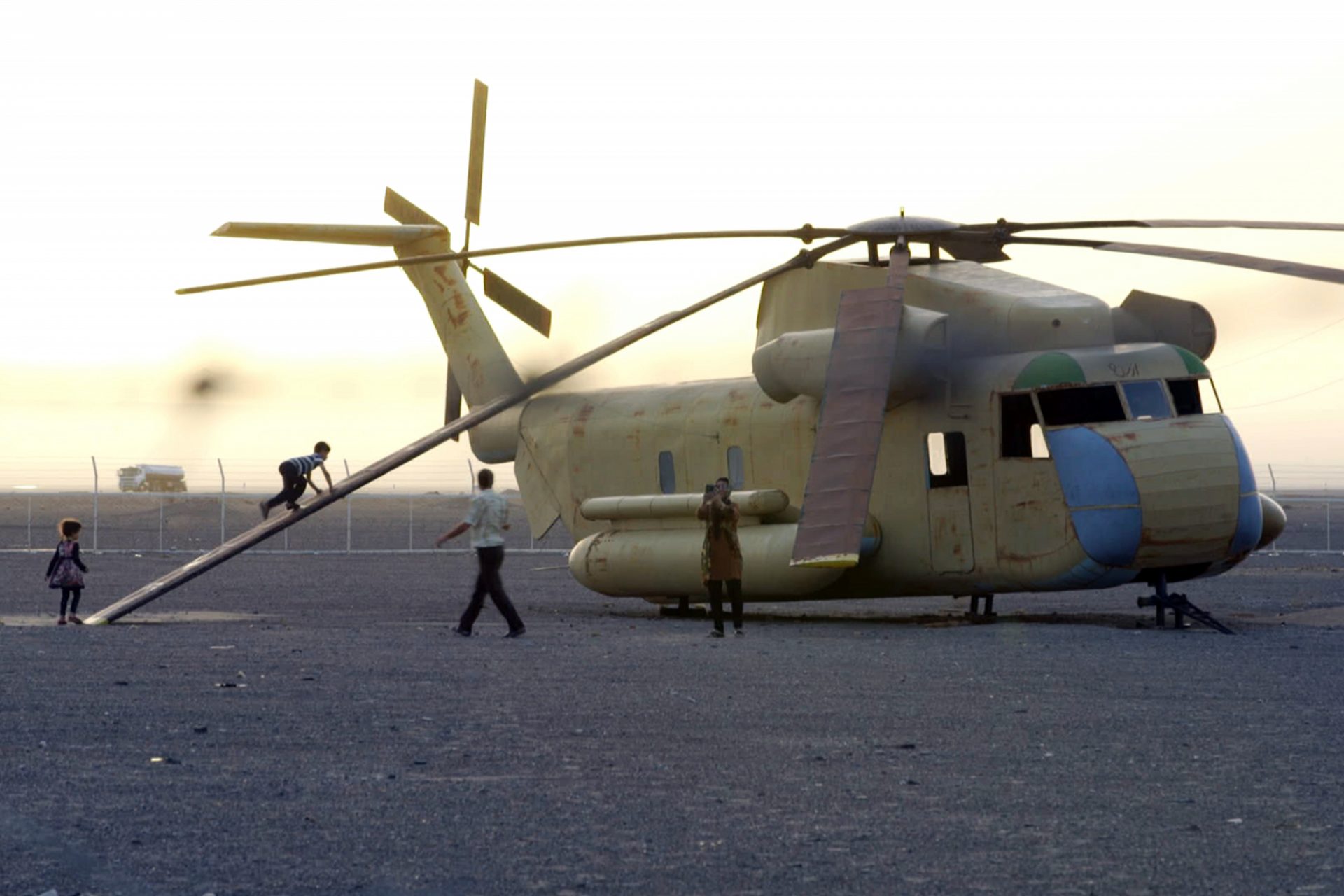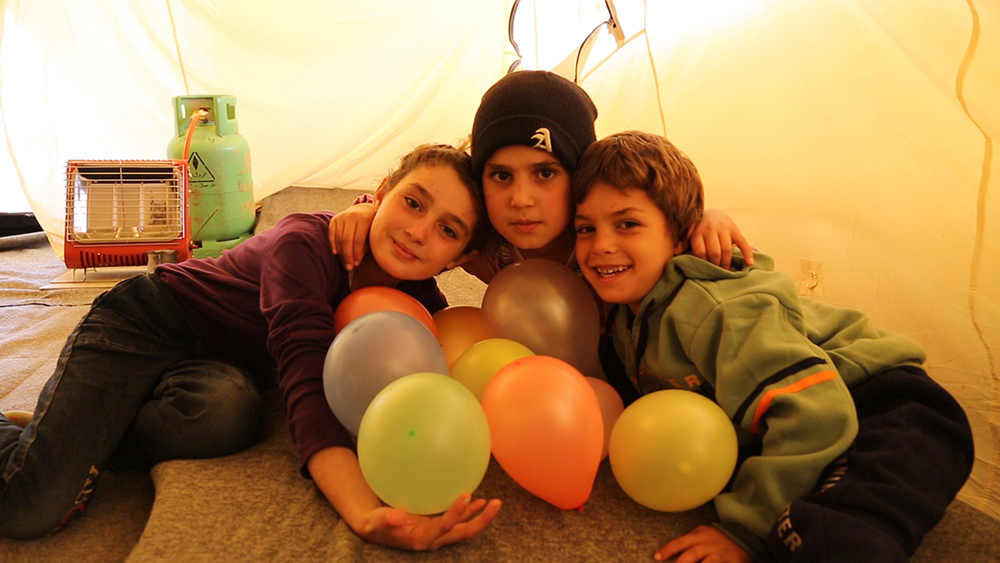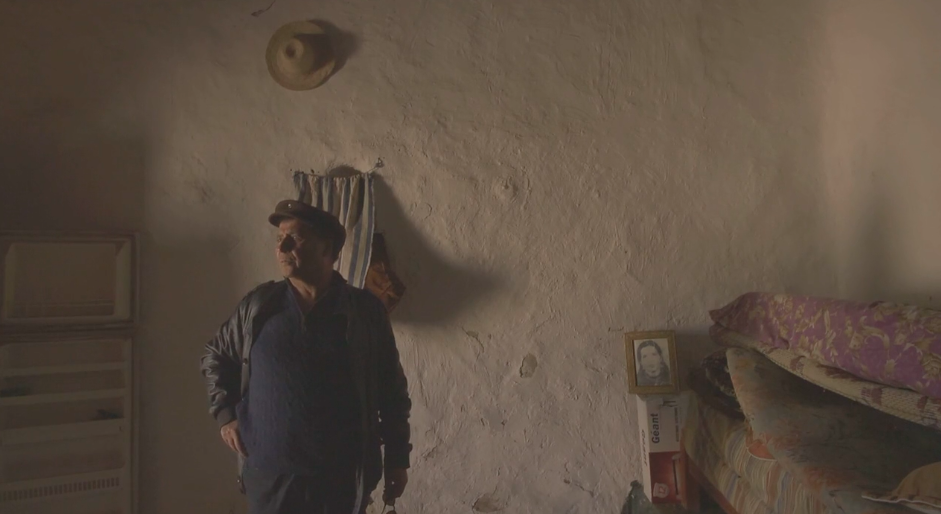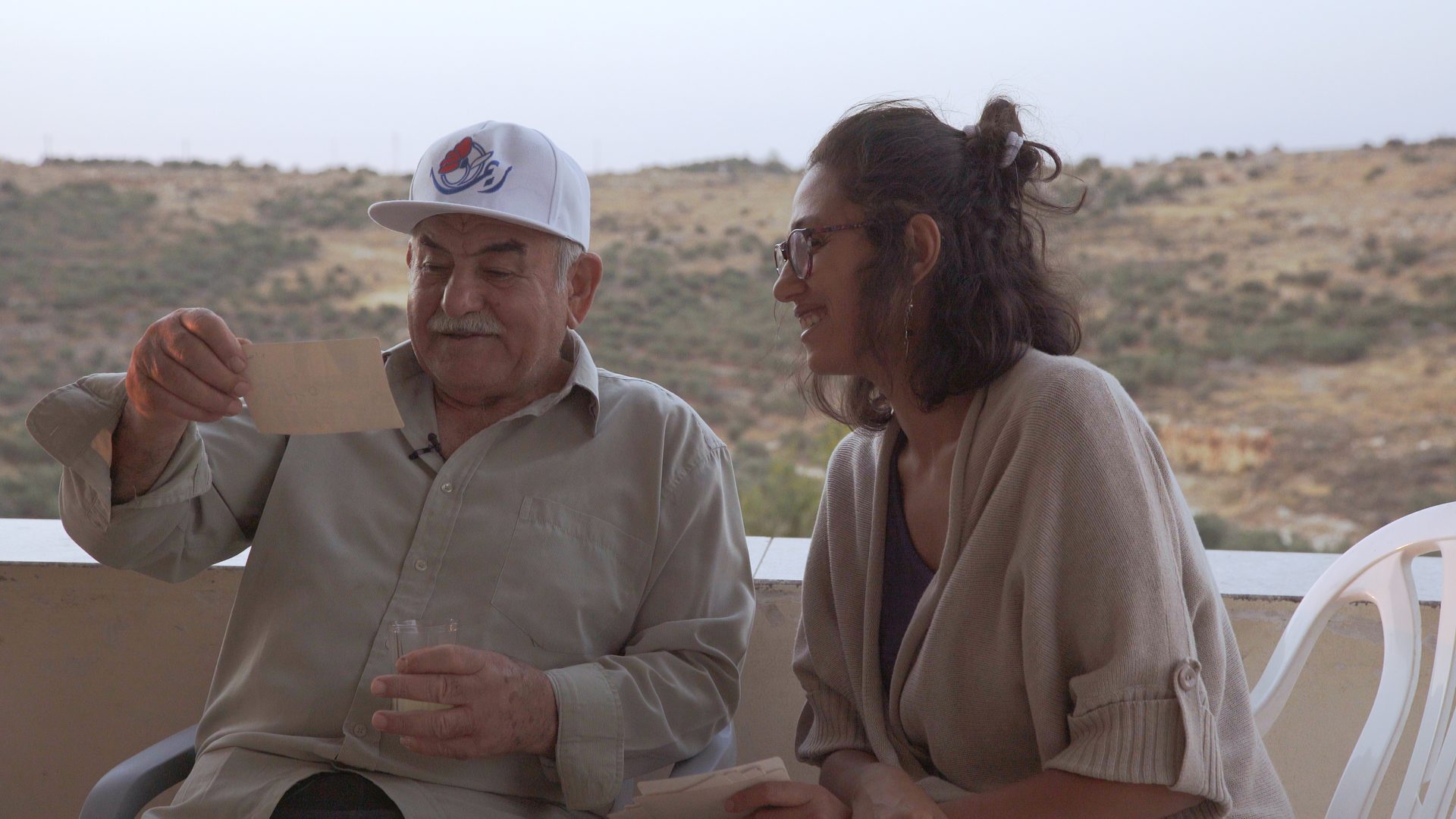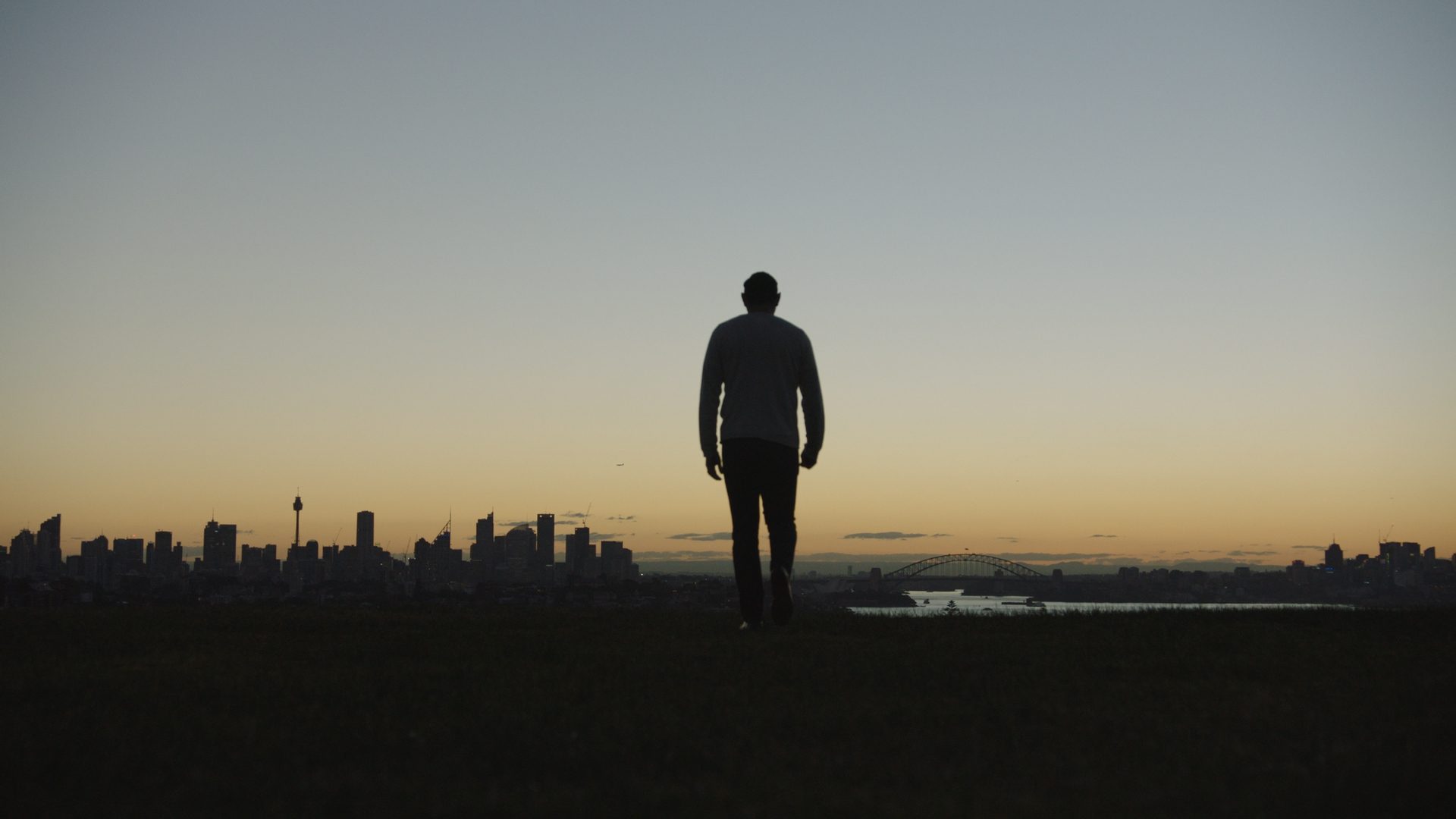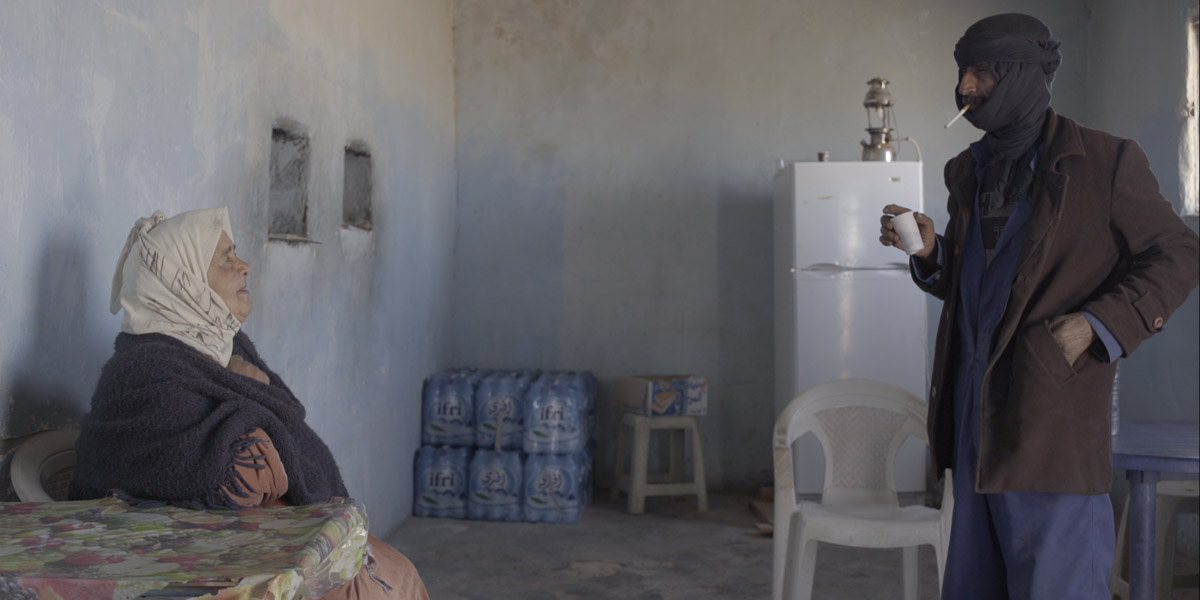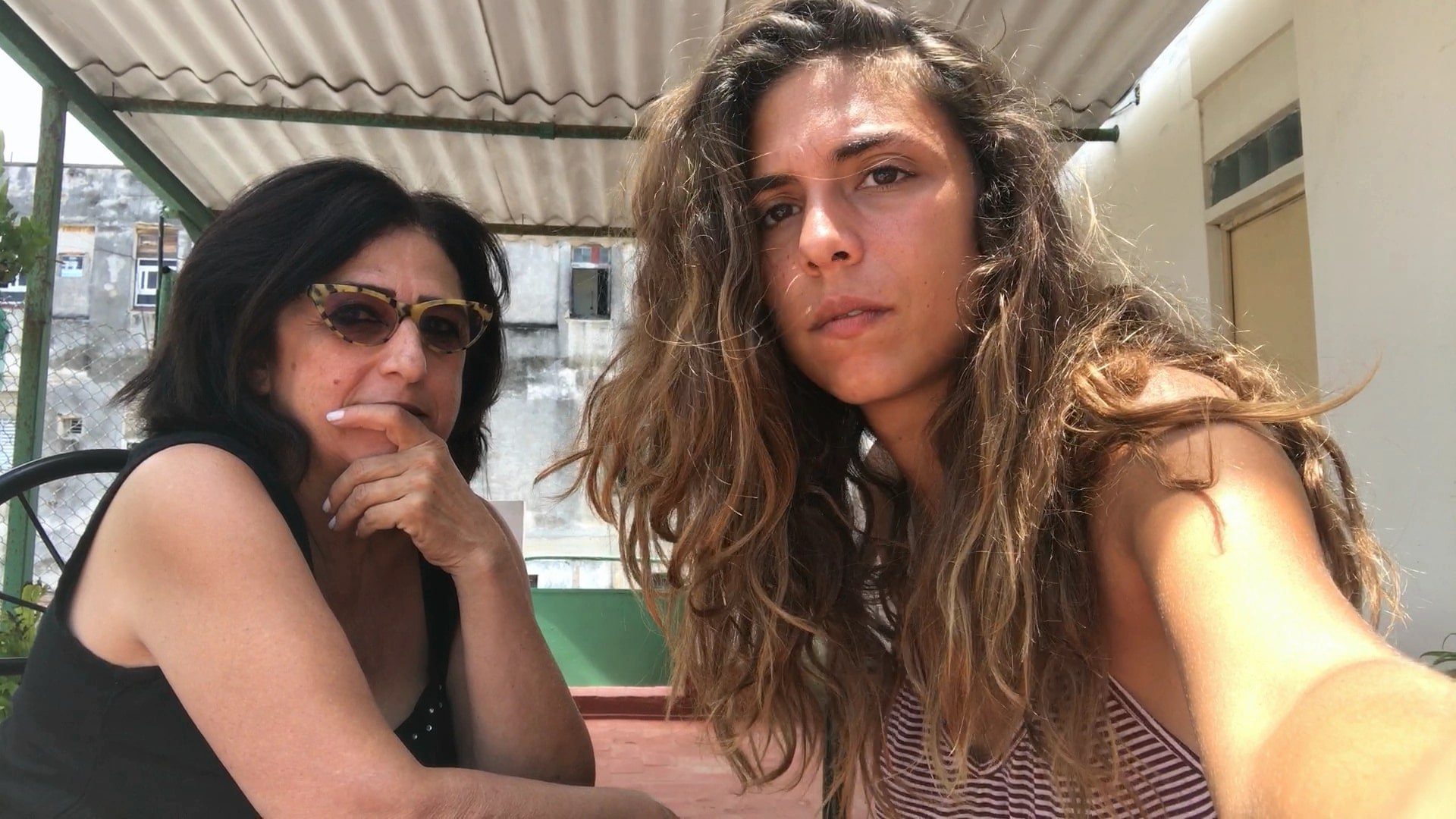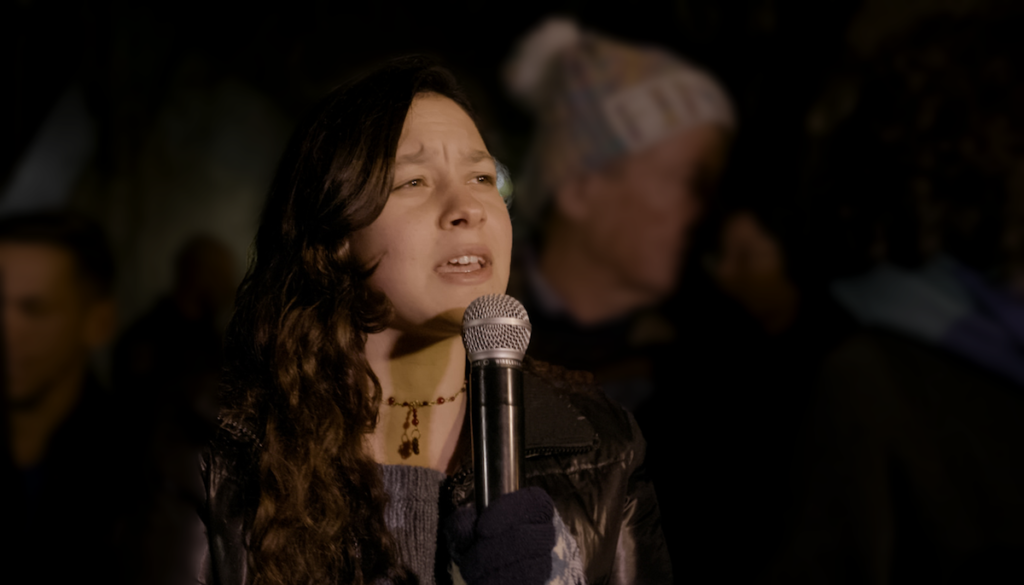A reconstruction of the 1979-1981 Iranian hostage crisis, this documentary narrates the details behind a failed rescue mission for the hostages held at the American embassy in Tehran.
The documentary sheds light on the infamous top-secret mission named ‘Eagle Claw’ ordered by the Carter Administration in an attempt to rescue the 52 hostages. Through interviews with former members of the U.S. Delta Force who were part in the operation, the film delves into the traumatic scars caused by the failure of the mission. The film juxtaposes ideas and experiences of both Americans and Iranians who were directly involved in the hostage crisis.
Through this juxtaposition of statements and thoughts the film brings a new understanding of the operation and its intricacies. Captors, rescuers, hostages, and President Carter himself all share their tragic and chilling memories of the event which in a way connects them with that ‘other’ part of the world being either Iran or the U.S. The film leaves the spectator with hope and possibility for dialogue and a reconciliation with the past. The Farsi-speaking civil servants and ex-hostages – who had a deep connection with Iran before the crisis and had formed families there- express how they dream of the day on which they will be able to return to Iran with their grandchildren.
Directed by two-time Oscar-winner (Harlan County USA, American Dream): Barbara Kopple
